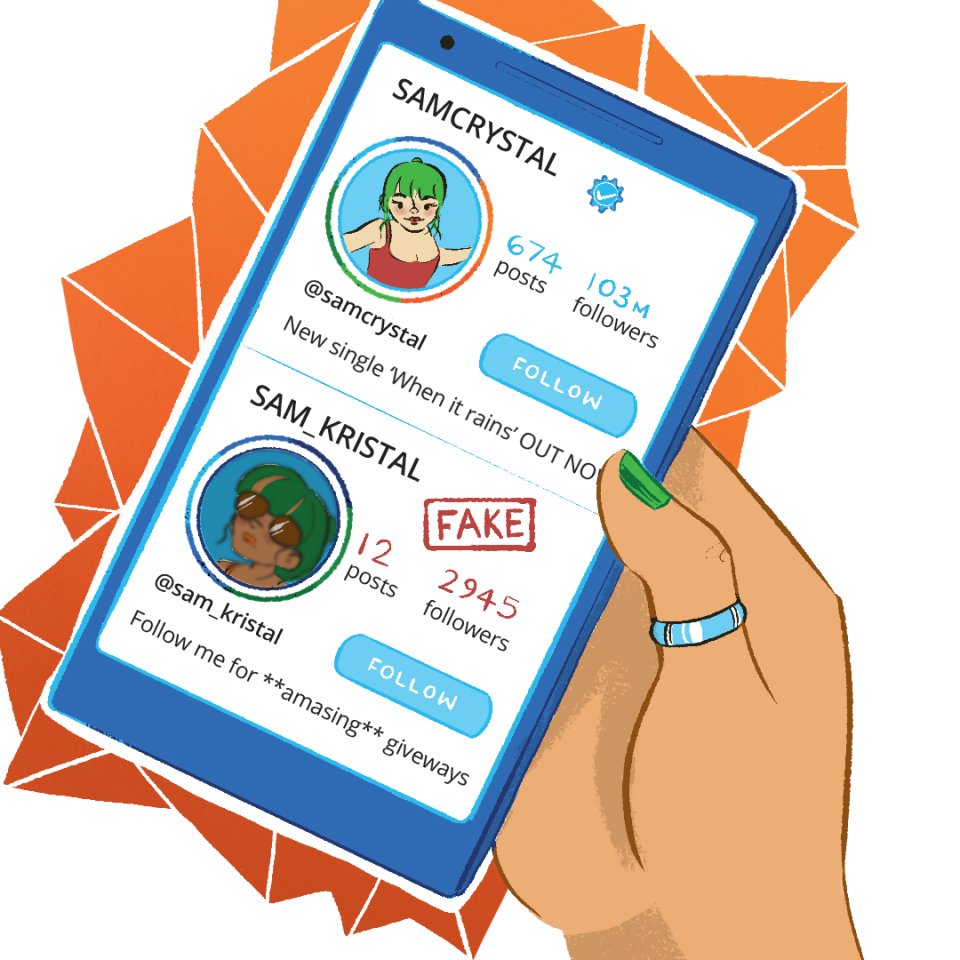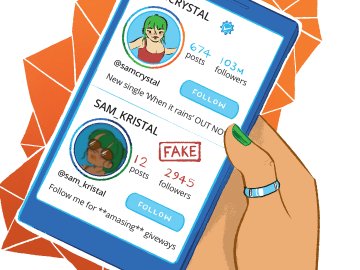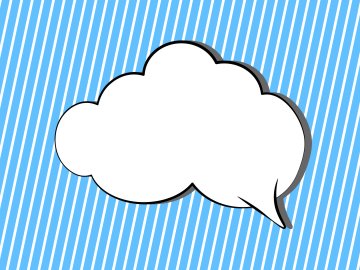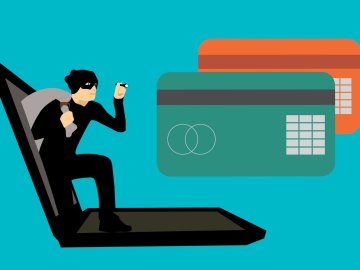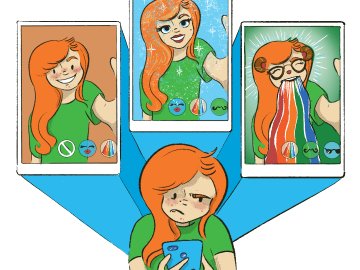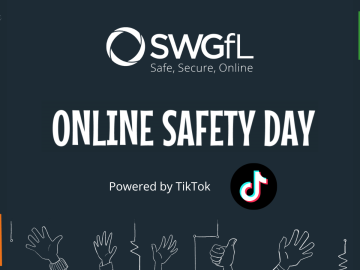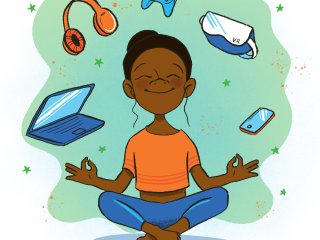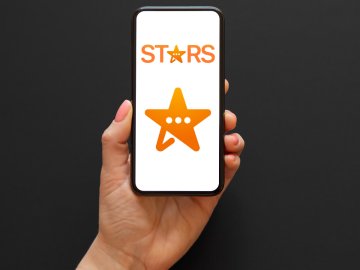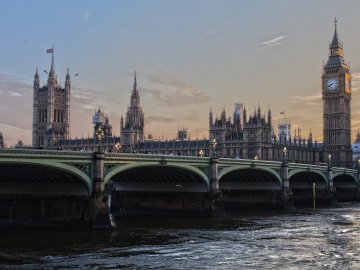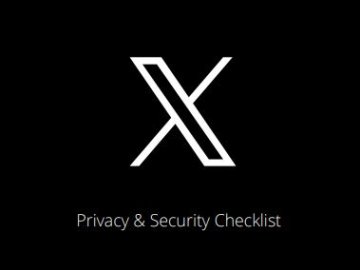Social media offers a connective power unlike any other. Although we may all be very familiar with liking, sharing, hashtagging and streaming, social media has taken the world by storm in quite a short space of time. As one of the most accessible and available platforms to connect with others, many young people will start their social media journeys from quite a young age. Throughout this hub we'll guide you on everything you need to know about social media and how you can raise awareness around online safety.
What is Social Media?
Social media is an online platform that allows users to connect with others online . Depending on what platform you use, social media can allow you to communicate and share information with others with the intention to update or engage a specific audience. 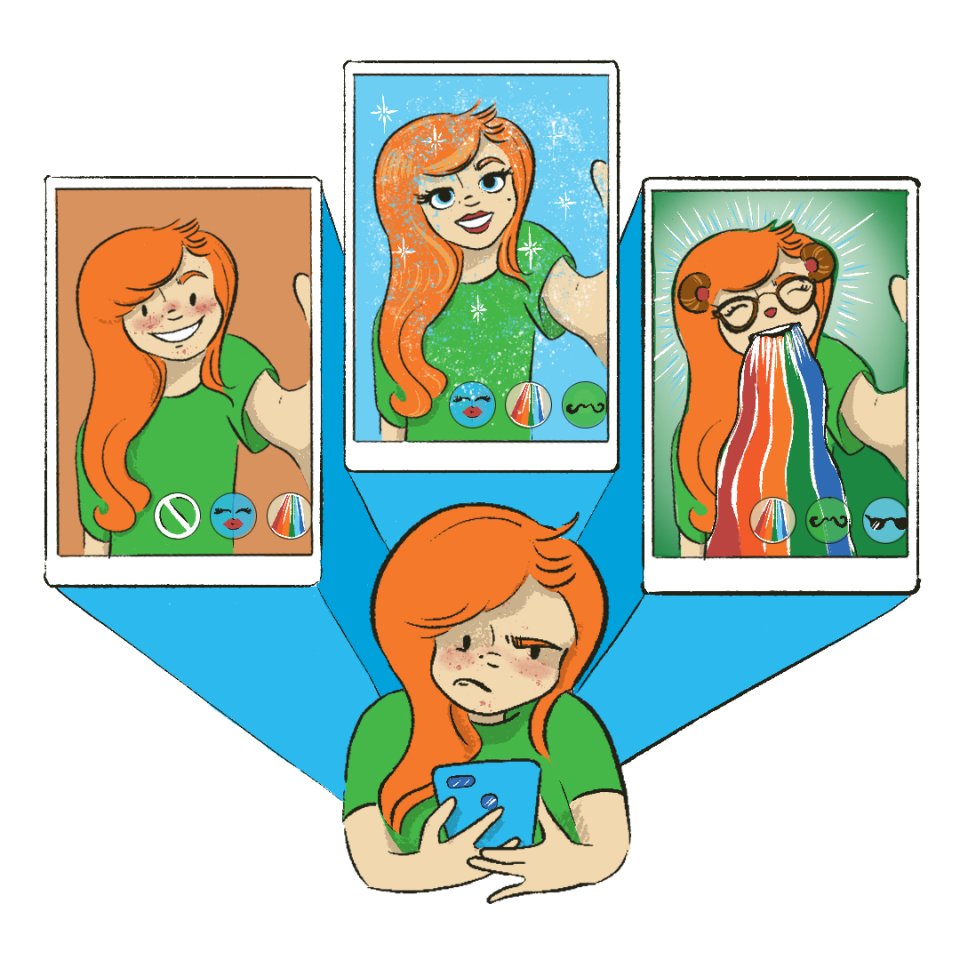 This can often include sharing videos, images, status updates or posts with a group of followers that can sometimes cover a global scale.
This can often include sharing videos, images, status updates or posts with a group of followers that can sometimes cover a global scale.
Users are able to engage with social media content through a number of different ways, usually through liking, sharing, following or commenting. Social media houses communities that cover a global array of users, topics and interests. As well as engaging with people we know, social media has extended to give celebrities, businesses and influencers a platform to connect with their audience.
A lot of the time, social media is a positive place where users support and voice admiration towards others. Despite this, it can also house toxic and harmful behaviours which can be directed towards specific individuals or groups with the intention to harass or cause upset (often known as 'trolling').
Social Media Benefits

Available and accommodating to most audiences

Can promote positivity and healthy expression

An accessible platform to connect with others

An instant platform for news and global awareness
The Social Media Community
Social media provides a lot of freedom in how information and content is made available. This in itself has provided certain platforms with worldwide appeal, giving anyone an opportunity to connect and engage with whatever interests them. If someone is struggling to find a community that shares a similar interest offline, then chances are, there's a social media community that will be relevant to them.
As well as this, it gives the user a platform to present and express themselves however they see fit. Although it can be considered liberating for many idividuals, this freedom has raised discussion around certain topics such as the spreading of online harm as well as how misinformation and fake online accounts can manifest.
Considerations for Social Media
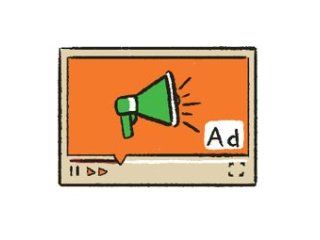
Harmful and offensive content may be seen across platforms

Can be used to promote misinformation, scamming attempts and fraud
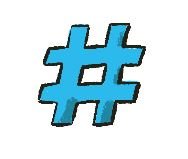
Can promote unhealthy expectations and pressure for young people
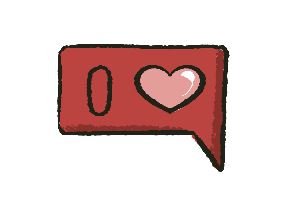
Can impact digital wellbeing if not managed correctly
Social Media Harm
Like everywhere, everyone can encounter threat in  social media, spanning content, contact, conduct and contract based risks. With users having the freedom to create social media accounts without necessarily providing correct information, it has also led to a rise in fake online identities that can differ greatly from the person sat behind the keyboard. This behaviour of creating fake accounts has allowed many users to spread harm or attempt to scam and manipulate other users online. With the rise of harm, many social media platforms have adapted to include reporting features in order to tackle these types of concerns.
social media, spanning content, contact, conduct and contract based risks. With users having the freedom to create social media accounts without necessarily providing correct information, it has also led to a rise in fake online identities that can differ greatly from the person sat behind the keyboard. This behaviour of creating fake accounts has allowed many users to spread harm or attempt to scam and manipulate other users online. With the rise of harm, many social media platforms have adapted to include reporting features in order to tackle these types of concerns.
Many users may see content on social media that is deliberately misleading or appears overly enticing to encourage users to click on links. These are often known as 'fake ads' and often attempt to spread misinformation or scam users. In more recent years, the concerning impact that social media can have on young people has been more apparent, with the pressures and expectations related to topics such as body image being raised as important areas to discuss.

